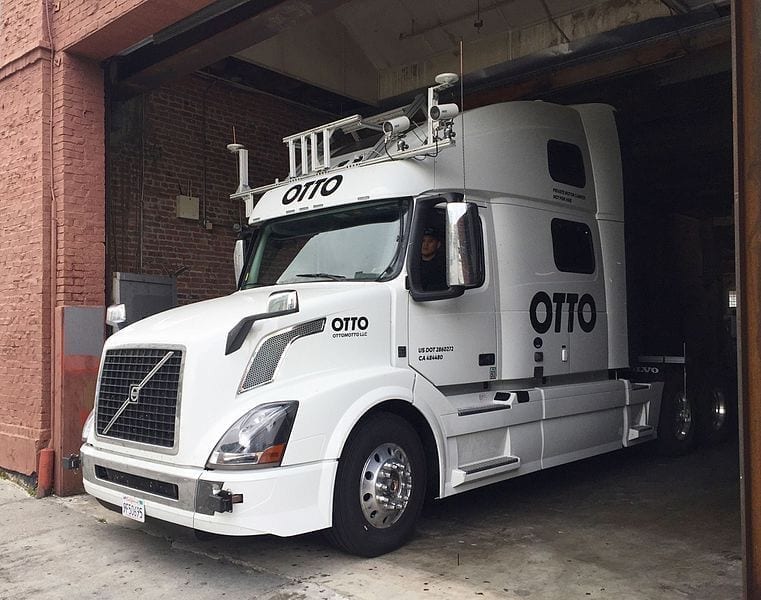Passengers on guard, self-driving trucks expand and Uber not downsizing. LegalRideshare breaks it down.
It’s all about Uber! Far from downsizing, the transportation giant is ramping up other lines of business, like freight hauling. It’s all here in This Week in RideShare.
MONDAY 11/28/22
The Uber-ization of trucking is speeding up. American Journal Of Transportation reported:
There’s also a shakeout among the brokers who match trucking companies with loads that need to be shipped. Silicon Valley entered the fray a few years ago and digitized what had been a transaction done with phone calls and paper. Large and established brokers have also bolstered their technology, leaving the 17,000 smaller firms that haven’t evolved vulnerable.
“The haves of the technology are going to grow,” Suma said. “The have-nots of the technology will be consumed.”
The automation technology removes labor by providing a computer application for truckers to find freight and accept the price for hauling it. There’s still a lot of paperwork used in the industry. But services, including Transflo, are bridging the transition by allowing drivers to scan trip documents at truck-stop kiosks to digitalize the paperwork for fleet operators.
Uber Freight and Convoy have gobbled up market share, but struggled to make a profit. Convoy, which raised $260 million in April led by Baillie Gifford is still investing in its technology and capturing market share, CEO Dan Lewis said in an interview.
TUESDAY 11/29/22
Uber and Lyft are transforming cities. Businesswire reported:
On the plus side, the researchers found that TNCs have increased economic growth, employment, and wages for intermittent jobs in U.S. cities.
“However, Uber and Lyft affect different kinds of cities differently, and that is important to understanding their impact,” explains Michalek.
The costs that Uber and Lyft impose on cities are not clear-cut, either. The research reveals that Uber and Lyft can clean the air but clog the streets. Taking an Uber instead of a personal vehicle can reduce air pollution costs by 9 to 13¢, but the extra driving to and from passengers increases costs from congestion, crash risk, and climate change by about 45¢. “You create lower external costs to society when you drive your personal vehicle, on average,” says Michalek.
WEDNESDAY 11/30/22

Uber customers are concerned about the lack of driver details after passengers were abducted. CBS news reported:
With no description of the suspect or “vehicle lookout” information available to the public, Uber customers like Murphy say they are constantly on guard.
THURSDAY 12/1/22
Uber expands their self-driving trucks in Texas. Reuters reported:
The program will be expanded to the recently launched 600-mile commercial lane between Fort Worth and El Paso in Texas to support customers of logistics business Uber Freight as it ships goods this holiday season, Aurora said on Friday.
Autonomous goods hauling has been seen as the future of logistics as it could increase truck utilization and boost transportation frequency between terminals.
Human truck drivers are not allowed to drive more than 11 hours per day in the Unites States.
FRIDAY 12/2/22
Uber sees no sign of weakness. Yahoo! finance reported:
Uber Technologies, Inc (NYSE: UBER) did not look to downsize employee strength, even though competitors slashed staff to deal with an uncertain economic outlook, CEO Dara Khosrowshahi said.
Khosrowshahi was optimistic about the supply of drivers on the platform, despite a protracted shortage that has raised fares and wait times, and said that periods of economic uncertainty typically spur people to seek out side hustles in ride-hailing or food delivery. “Our driver base has increased substantially,” he said.
LegalReader thanks our friends at LegalRideshare for permission to share this news. The original is found here.


Join the conversation!